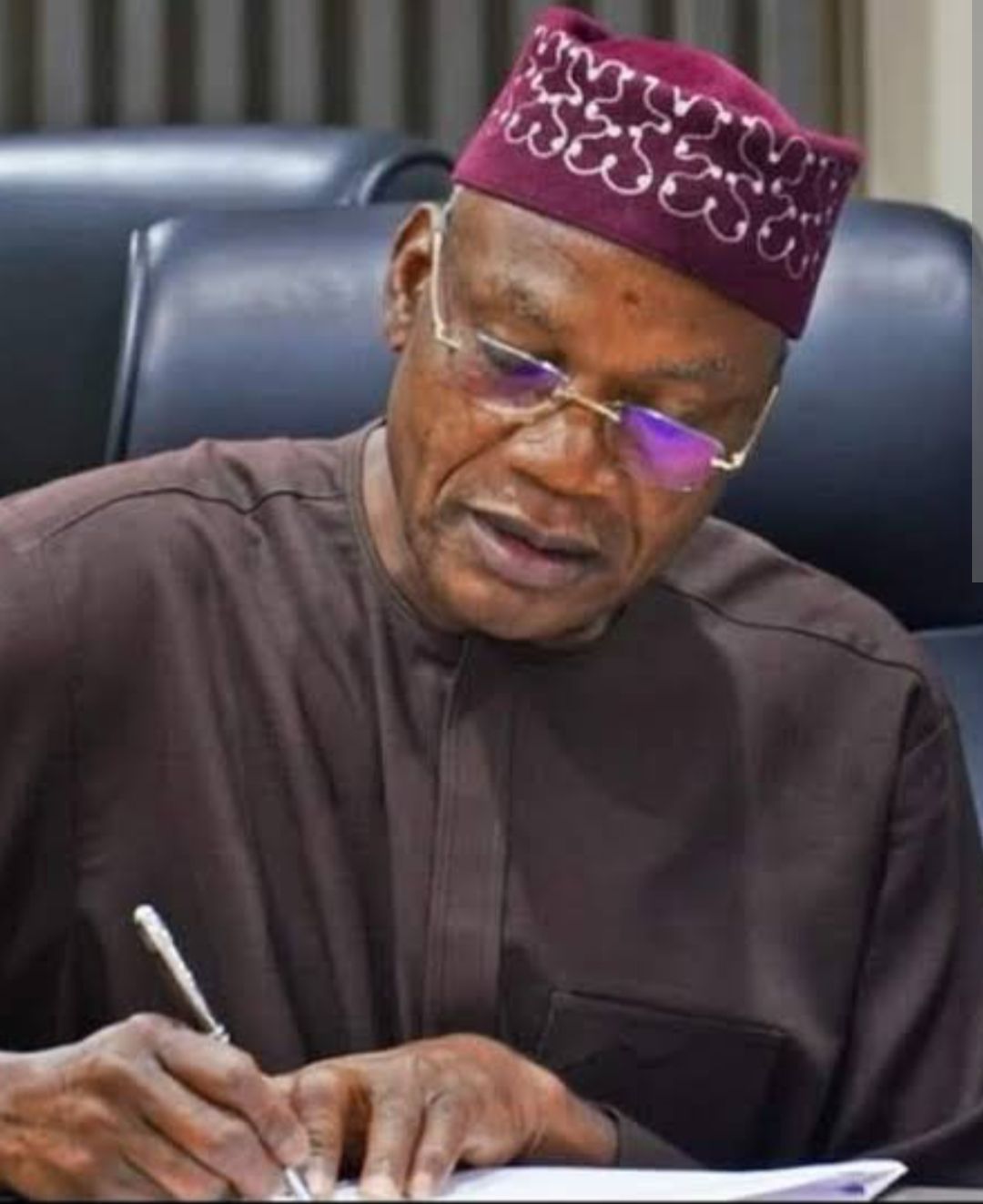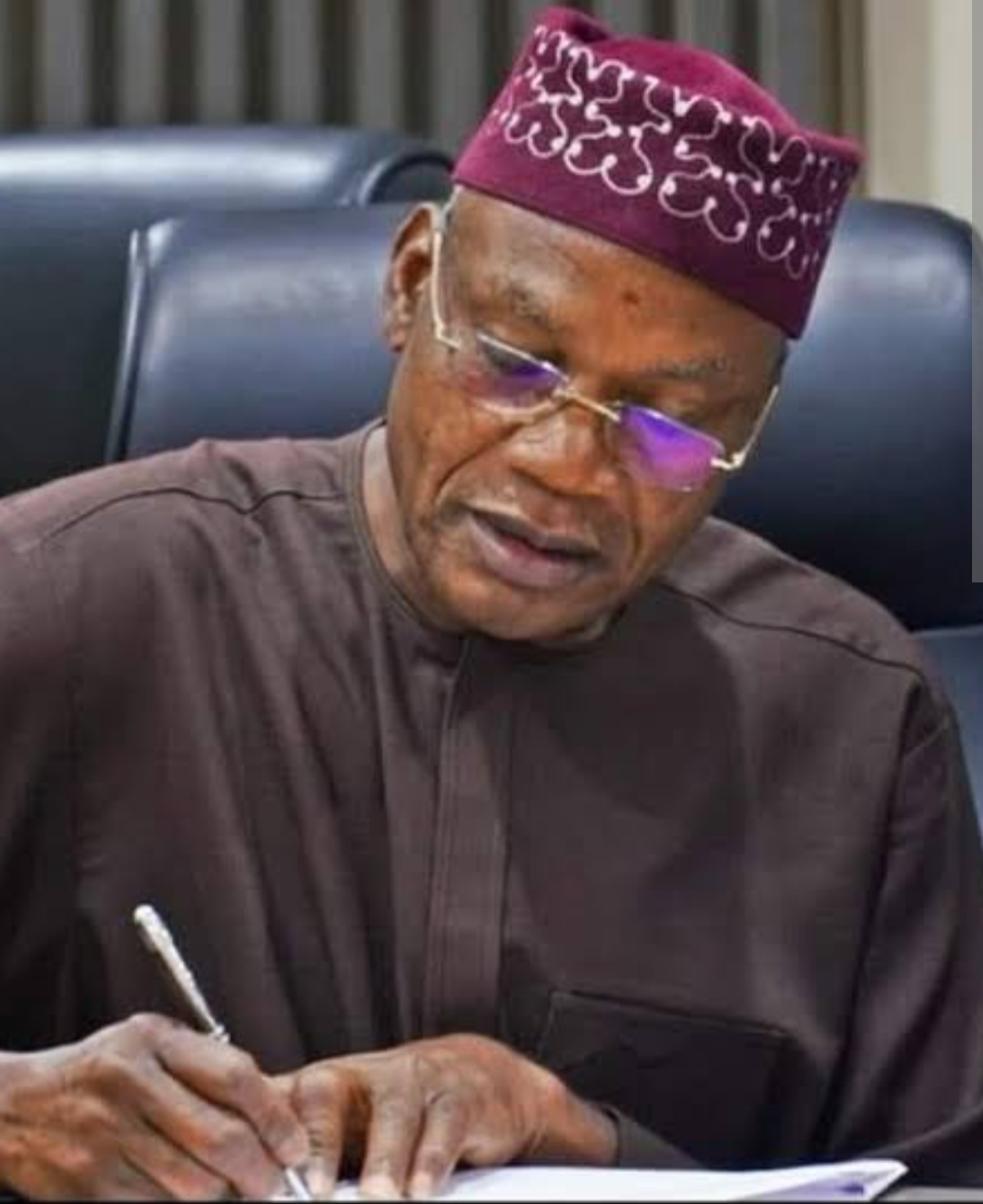
Nigeria's constitution recognizes the right to education for every Nigerian. The extent to which government policies concerning age have violated this right, and the capacity of Nigeria's democratic dispensation to uphold this right, is implicit in debates about age policies and is a key concern. The contention surrounding establishment revolves around the fundamental issue of the government's right to select its curricular content and form of governance. This article seeks to demonstrate that the government has neglected this important aspect of citizenship by maintaining age policies that attaches to it. What should be taken from this write-up is a call on the government to introduce policies that would pave the way forward in order to assimilate aspects of global educational trends that would lift the nation out of the present educational morass that is anchored in archaic decisions such as this age ban.
Nigeria's high school graduation age of 18 years recently announced by the Minister of Education, Prof Tahir Mamman, has been a topic of debate and concern amongst parents and other education stakeholders in the country and beyond, particularly when viewed through the lens of its implications for educational progress and the broader societal context. The policy can be seen as retrogressive for several reasons:
1. International Comparisons
In many countries, students graduate from high school around the ages of 16 to 17. By setting the graduation age at 18, Nigeria’s educational system might be out of sync with international standards. This discrepancy can affect students' readiness for higher education or vocational training, potentially putting Nigerian students at a disadvantage in a globalized job market.
2. Educational System Structure
The structure of Nigeria's educational system, which generally includes 6 years of primary education and 6 years of secondary education, leads to a high school graduation age of 18. However, this system can be seen as overly prolonged compared to other systems where students begin higher education or vocational training earlier. This extended timeline might delay students’ entry into the workforce and hinder their career progression.
3. Economic and Social Implications
Graduating from high school at 18 can have economic and social implications. It may delay entry into the workforce for students who need to start earning earlier or who face economic pressures. Additionally, students who do not pursue higher education immediately might find themselves at a disadvantage compared to peers in other countries who have entered the job market sooner.
4. Impact on Students
The longer time spent in high school can affect students' motivation and engagement. The extended period might lead to academic burnout or disengagement, particularly if the curriculum does not adequately prepare them for the next steps in their academic or professional journey.
5. Policy Adaptation and Reform
Some argue that adapting the educational policy to align with international norms could benefit students by allowing them to transition more smoothly into higher education or vocational training. This adaptation could potentially include revising the curriculum to ensure it is more aligned with global standards and better prepares students for future challenges.
6. Potential for Change
There have been discussions about reforming the educational system in Nigeria to address these issues. Reforms could involve shortening the time spent in high school, updating the curriculum to meet international standards, or introducing more flexible pathways for students to enter the workforce or pursue further education.
In conclusion, while Nigeria’s current high school graduation age of 18 has its roots in a long-standing educational structure, it presents challenges that warrant careful consideration. Reforming this policy could help align Nigeria’s educational system with global standards, potentially offering students more opportunities and better preparing them for the future.
Eguaogie Eghosa
